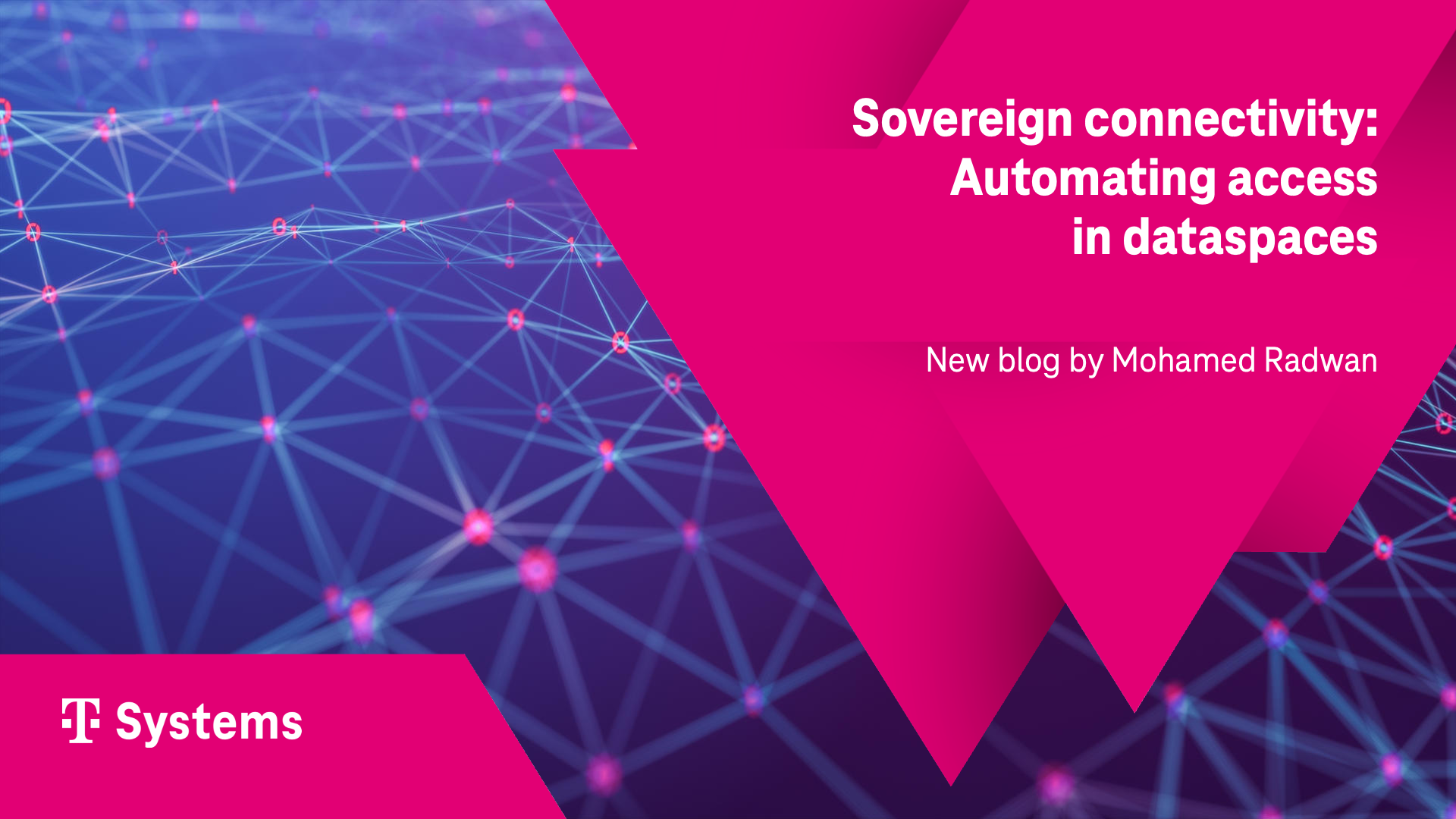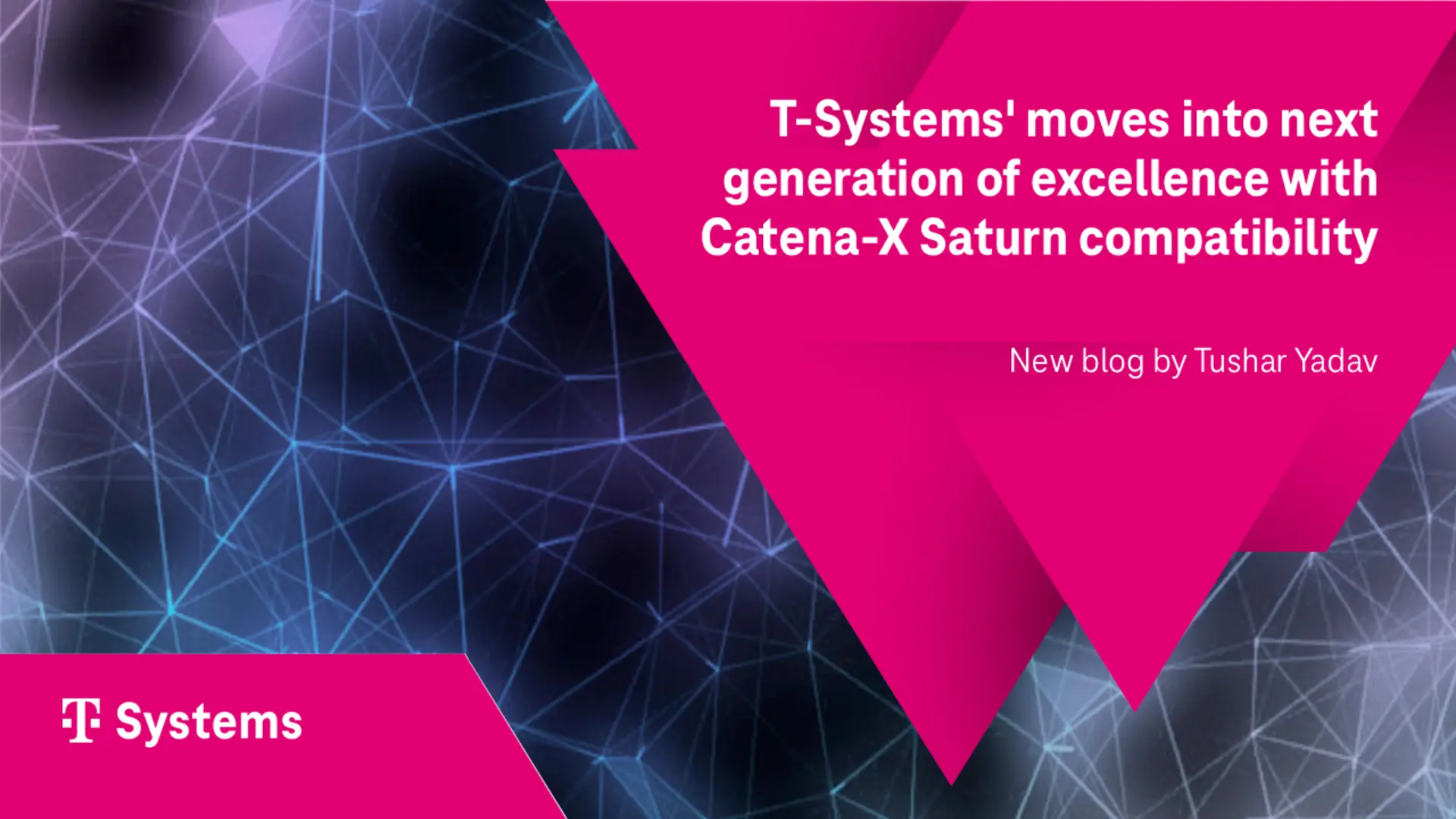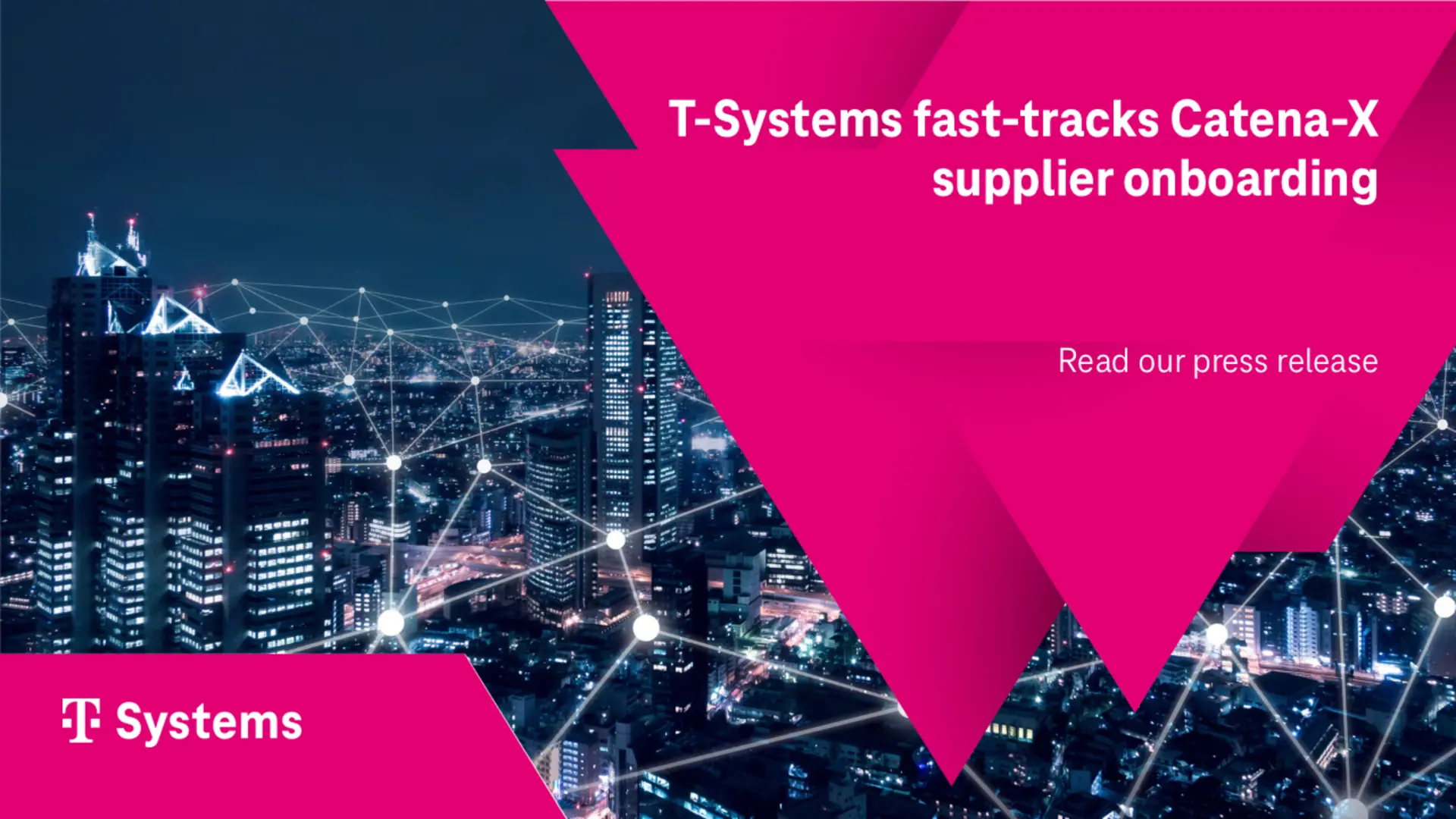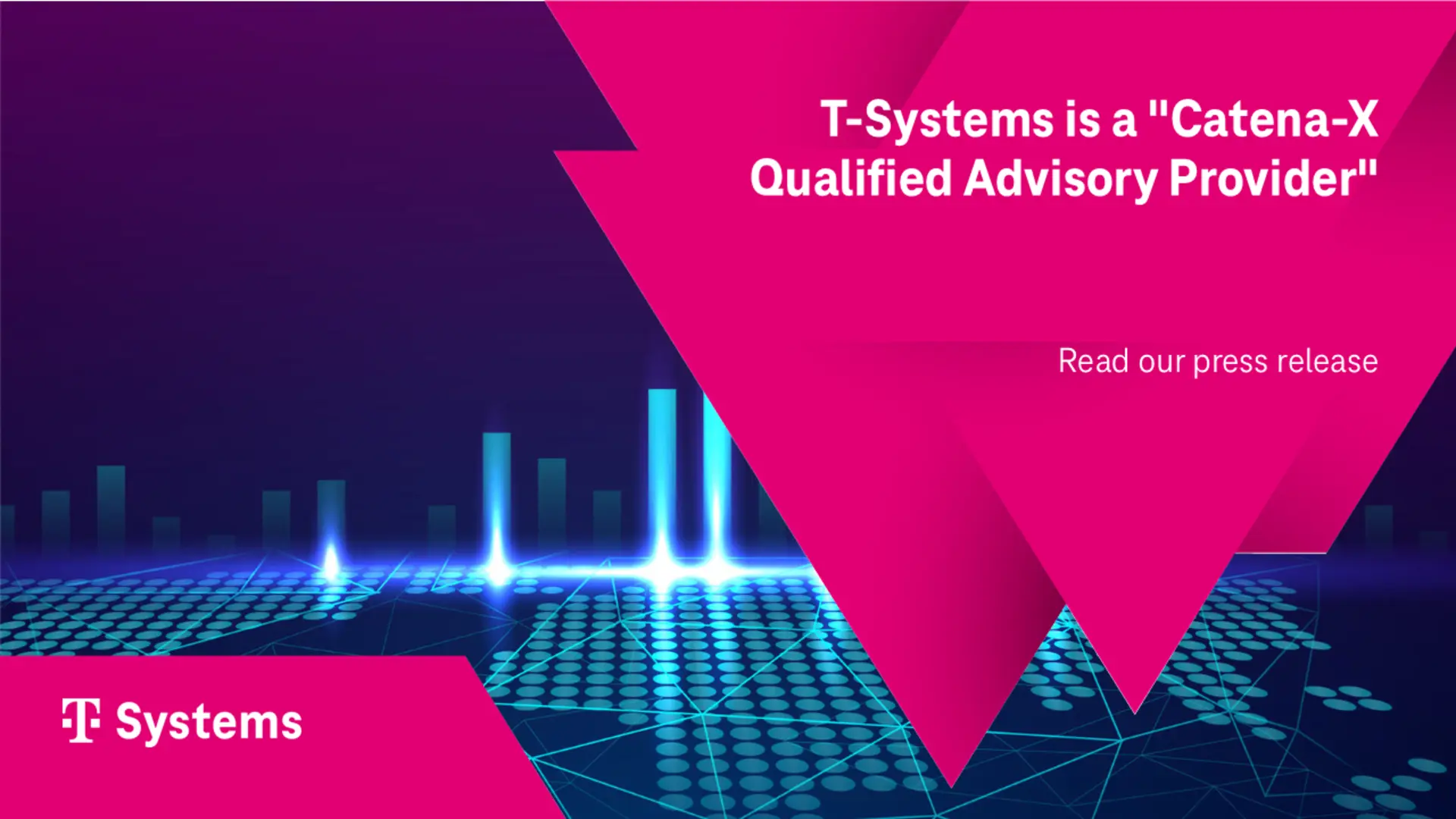As organizations increasingly operate across borders, the need for trusted, interoperable data sharing frameworks has never been more urgent. From global supply chains to digital product passports, industries are demanding secure data exchange that respects sovereignty and complies with regional regulations.
At T-Systems, part of Deutsche Telekom group, we are excited to have contributed, together with NTT Communications, to the chapter 2 of International Data Spaces Association (IDSA) paper “Establishing a Unified, Sovereign, and Open Digital Infrastructure: A Vision for Telecommunication Providers”.
Why global supply chains need interoperable data ecosystems
Modern supply chains operate across countries and continents but exchanging data securely and efficiently across these borders remains a major challenge. Differences in regulations, identity verification standards, and trust frameworks often create roadblocks.
To address this, T-Systems and NTT believe that cross-border data exchange should be as seamless and secure as making an international phone call—authenticated, encrypted, and compliant with local laws.
Telecommunication providers are well-positioned to enable this shift. With decades of experience building global networks and enforcing international standards, they can now apply that expertise to data exchange. Their capabilities in identity verification, API standardization, and regulatory compliance make them suited enablers of trusted data-sharing environments. By building on proven models like GSM, where telecoms standardized mobile communication worldwide, companies like T-Systems and NTT are now helping create interoperable, secure data ecosystems.
Telcos are not just connecting people, they are helping to build the secure, scalable foundation needed for the future of global supply chains and cross-ecosystem commerce.
Federated identity and trust as pillars of cross-border interoperability
Secure and sovereign data exchange depends on establishing trust across different ecosystems. Federated identity and trust management are central to this, enabling organizations to authenticate participants, validate compliance, and enforce data usage policies—similar to how international roaming ensures secure mobile connectivity across networks.
T-Systems and NTT Communications demonstrated this approach in a pilot involving a European automotive manufacturer and a North American supplier. The two parties shared real-time sensor data for predictive maintenance while ensuring compliance with both GDPR and U.S. data protection regulations. This setup mirrors the structure of global telecommunications—where infrastructure supports seamless and trusted cross-border communication—and shows how the same principles can now apply to international data sharing.
Expanding interoperability: Europe and Japan
Building on this model, T-Systems and NTT also launched a testbed environment tailored for Japanese users to enable interoperability between European and Asian data ecosystems. This initiative aims to align technical standards and governance models while respecting local regulatory requirements.
Image 1. Cross-jurisdictional data transaction scenario with federated identities and trust anchors
In parallel, NTT DATA and The University of Tokyo are conducting cross-continental exchange using dataspace connectors such as the EDC and CADDE. These efforts contribute to creating a "network of networks" that enables trusted, scalable, and jurisdiction-aware data sharing.
Ready to unlock trusted, cross-border data sharing?
At T-Systems, we’re committed to building the secure, scalable foundations needed for the next generation of global supply chains and data-driven ecosystems. Our collaboration with NTT Communications demonstrates how federated trust and interoperability can transform cross-continental commerce.
Want to future-proof your data strategy and join the global network of trusted dataspaces? Connect with our experts — and take the next step toward secure, sovereign, and seamless data collaboration.























